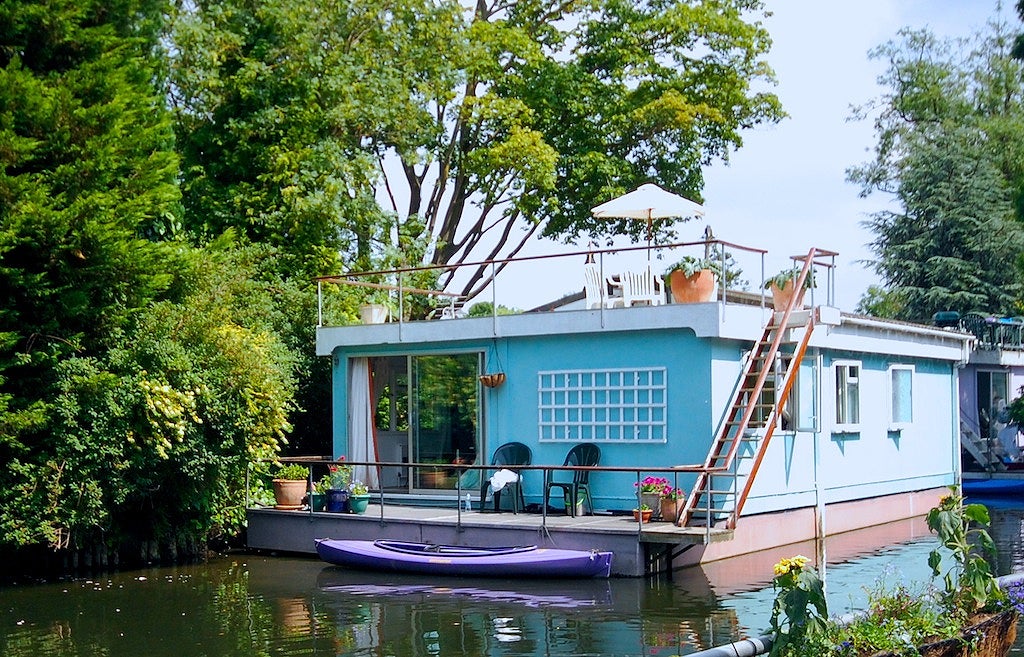10,000 people living on boats in London
The city needs better facilities to cope with demand for trend towards waterway living, says new report

Your support helps us to tell the story
From reproductive rights to climate change to Big Tech, The Independent is on the ground when the story is developing. Whether it's investigating the financials of Elon Musk's pro-Trump PAC or producing our latest documentary, 'The A Word', which shines a light on the American women fighting for reproductive rights, we know how important it is to parse out the facts from the messaging.
At such a critical moment in US history, we need reporters on the ground. Your donation allows us to keep sending journalists to speak to both sides of the story.
The Independent is trusted by Americans across the entire political spectrum. And unlike many other quality news outlets, we choose not to lock Americans out of our reporting and analysis with paywalls. We believe quality journalism should be available to everyone, paid for by those who can afford it.
Your support makes all the difference.More moorings and facilities are needed on London’s waterways to prevent overcrowding as increasing numbers of people are deciding to live on the water, according to a new report from London Assembly.
As London's rents and house prices continue their rapid rise, the 'Moor or Less' report from the Environment Committee says more people are choosing to live on a boat because it is a more affordable option.
However, it points out that moorings and facilities, including water supply and waste disposal, have not kept up with this surge in interest. London has 100 miles of canals and 42 miles of the River Thames and the report estimates that around 10,000 people could now be living on these.
"London’s waterways are one of the hidden gems of our capital and they are becoming increasingly popular as a place for people to live or spend their leisure time," said Jenny Jones AM, who led the work for the Committee. "There are many different reasons why people might choose to live on our canals or rivers, including it being seen as more affordable than trying to buy property in the capital. But it is not an easy life and boaters must be conscious of their responsibilities.
“Also, the number of moorings has not kept up with demand. This is resulting in hotspots of overcrowding, which creates issues among boaters and for communities living nearby."
In popular temporary moorings the number of boats has doubled since 2011 and boats may be moored up to four deep from the bank. Meanwhile, some permanent mooring sites have waiting lists of several years.
This can lead to problems such as air and noise pollution from generators, stoves and engines, as well as navigational challenges for those trying to use the waterways.
Join our commenting forum
Join thought-provoking conversations, follow other Independent readers and see their replies
Comments